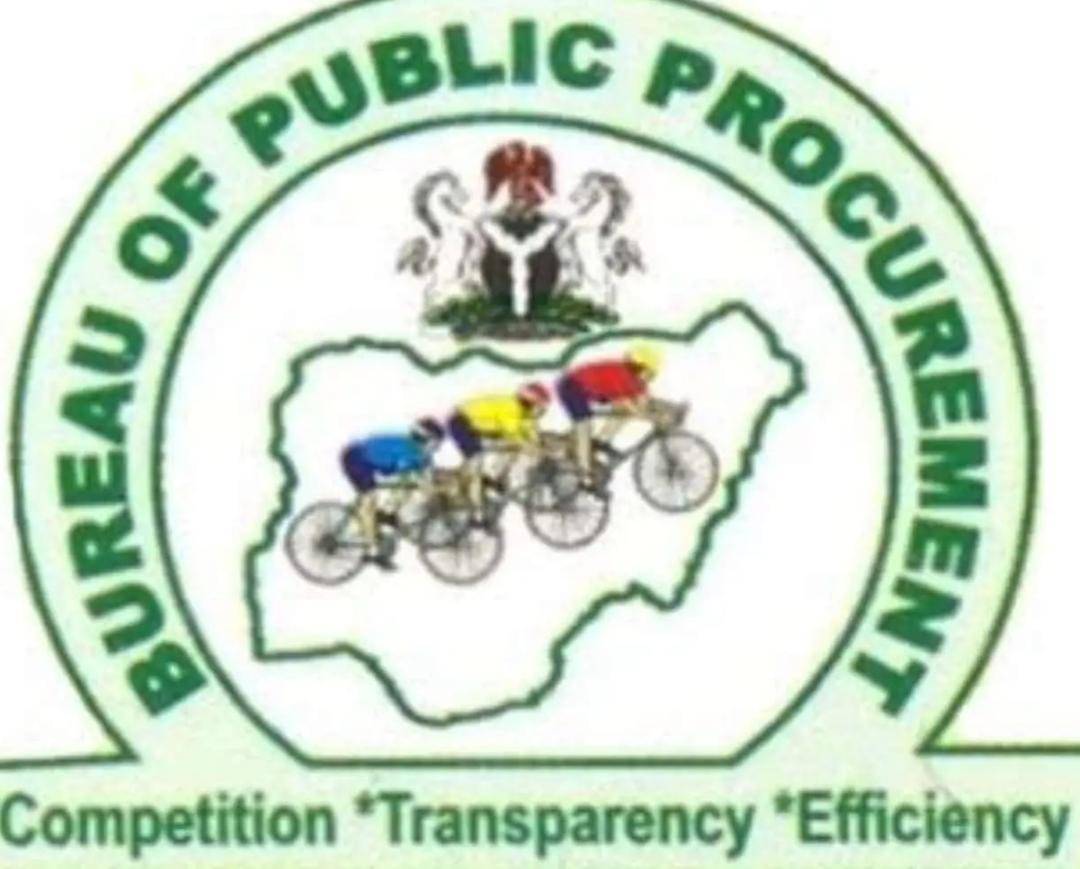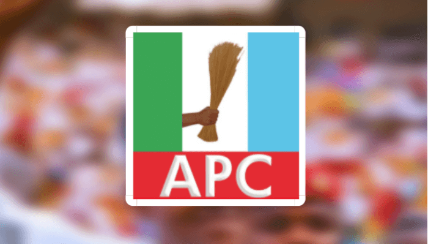By Kayode Akinmade
IN case you read anything this week claiming that the Ogun State Government announced a multimillion dollar diary deal with Qatari firm, Baladna, just know that it was the fake news enterprise at work. Was Baladna in Ogun State to explore investment opportunities? Yes. But did the Ogun State Government announce that it had reached an agreement with the diary giant? Absolutely not. So how was such a straightforward news misrepresented so badly? Well, the opposition never sleeps, and its reach is wide. It thrives in chaos because the Dapo Abiodun administration is fulfilling its promises and the Ogun populace is taking ample notice, excited at the prospects that lie ahead. This is too much for the naysayers, the men and women of yesterday who told everyone, before the 2015 polls, that Dapo Abiodun was going to be a monumental failure, to bear. Daily, they see the remarkable progress that Ogun is making and it drives them nuts because it is cementing their political burial, confining them into depths of oblivion. That is all there is to it, folks.
What happened? The Head of Products and Solutions Architecture at Baladna, the dairy producer that supplies over 95 percent of the Qatar’s fresh dairy products, Mr. Aidan Thomas Tynan, accompanied by the Executive Secretary of the Nigeria Investment Promotion Commission (NIPC), Aisha Rimi, paid a courtesy visit to the Ogun State Governor, Prince Dapo Abiodun, in his office at Oke-Mosan, Abeokuta, expressing the intention to establish a multi-million dollar food factory in Ogun State. Stating that Nigeria and Ogun State, like Algeria, would achieve remarkable results in dairy farming with the expertise, technology, and capital from the organization, he said the purpose of the visit was to explore possibilities in the country regarding land acquisition and also to hold talks with the government of Ogun State on collaboration in order to develop plans and feasibility studies to push the plan through. Hear him: “We can build farms that are highly efficient with world-class yields, and we can address not just dairy, meat, but also crop production.”
In response, Governor Abiodun observed that Nigeria’s demand for milk has jumped to 1.6 billion liters per year, with about 50-70 percent coming from imports. His words: “A lot of people have been running around pretending to set up dairy farms. They applied for import substitute permits, but what we have seen today is that all they do is bring in powdered milk because powdered milk has been very profitable, and that is very unfortunate. I think that you represent the kind of company that we would like to work with, and we are confident that you will work with Nigeria to achieve the Renewed Hope Initiative in agriculture. If within one month you were able to achieve 35 percent of milk supply in Qatar and within six months you became self-sufficient, I have no doubt that you can achieve that here in Nigeria. Your operations here will be like a walk in the park since we do not have deserts here.” While calling on the company to consider establishing itself in the state, Prince Abiodun noted that the company’s vision aligned with that of the state, assuring of seamless cooperation devoid of official bottlenecks.
Clearly, Baldana’s visit was exploratory, and this was the information that the Ogun State government communicated to the outside world, confident that Baldana’s dream would come to fruition. Sadly, this information was twisted to mean that Governor Abiodun had announced a deal with the company. This is extremely concerning, because inaccurate reporting of a governor’s statements can have significant consequences for the public, including loss of trust in media, spread of misinformation,. public confusion and polarization, erosion of public confidence in institutions, and sabotage of informed decision-making. Besides, it can also create a situation where skepticism towards all information becomes the norm. As media scholars recognise, fake news can indeed breed conflict in various ways. It can exacerbate ethnic tensions, fuel polarization, undermine institutions, and negatively influence public opinion and behaviour. It can erode public trust and societal cohesion. Tthat is why supporting fact-checking initiatives is so crucial.
During its visit, Baldana spoke eloquently about its portfolio and Governor Abiodun urged it to invest in Ogun State, because a core part of his job is to bring business into the state. But political adversaries went to work and twisted what the Ogun State Governor said, with intent to score cheap popularity. Thinking that they could embarrass the government, they contacted the parent company, which then issued a disclaimer, saying that it was a publicly quoted company and would not do anything in secret. And a report amplified the falsehood, saying “Company denies signing agreement on dairy production.” Whoever said there was an agreement?
Going forward, though, do not expect the naysayers to relent. They hate good things and would rather oppose their own government even if it means undermining the interest of the state they claim to love. Struck by the fact that with verifiable achievements, Dapo Abiodun has become one of Nigeria’s Grade A governors, they do everything in their dirty books to incite the public against the governor. But the governor is unmoved by the noise of the market: he is busy trading on behalf of the Gateway State, bringing in stupendous profit. In the last two years, more than 30 investors have knocked on Ogun’s doors, drawn by the business-friendly climate the Abiodun government has created. President of the Dangote Group, Alhaji Aliko Dangote, said as much when he returned to the state earlier this year, announcing investments in cement production and deep seaports. What’s there not to be excited about?
The media would do well not to join saboteurs in their game.
Akinmade is Special Adviser, Media and Strategy to Ogun State Governor, Prince Dapo Abiodun.














